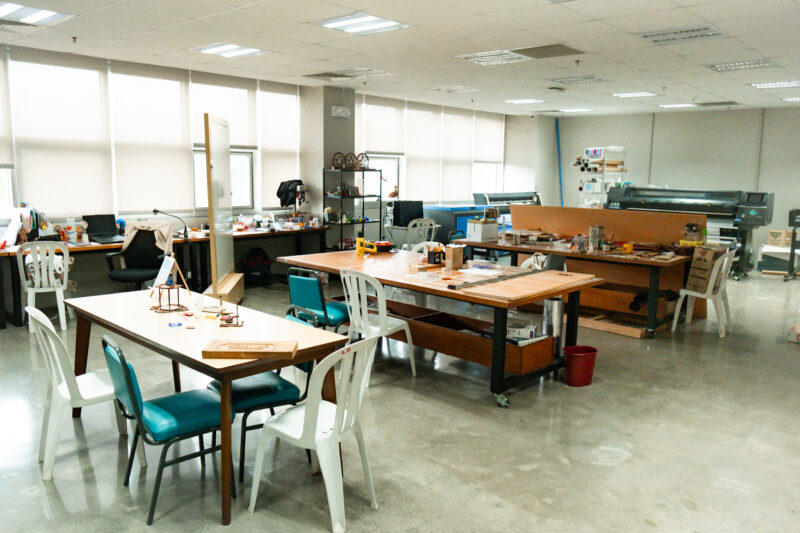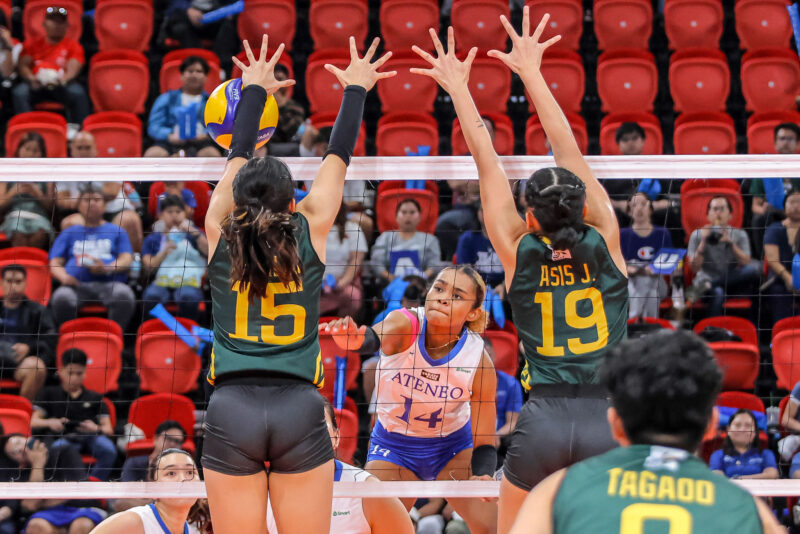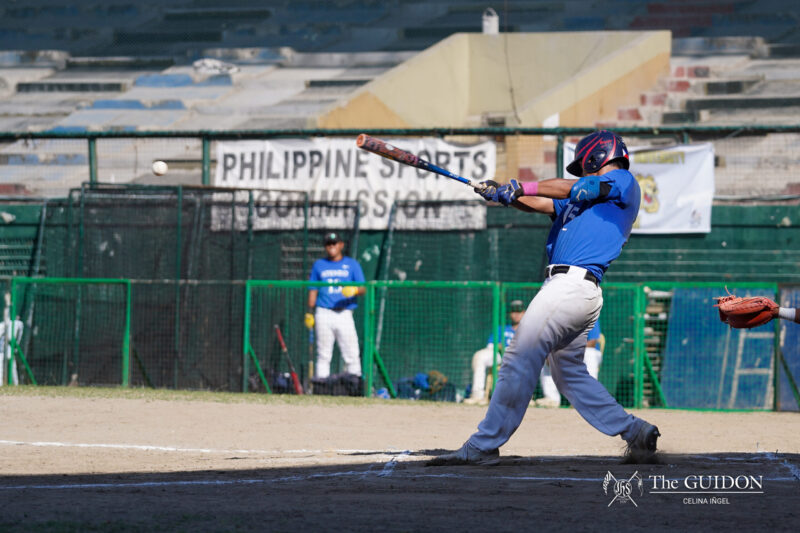WHENEVER I walk on the streets with my campus press shirt on, I feel unsafe. Even when there is no imminent threat most of the time, this feeling of trepidation stems from the deplorable reality that the Philippines has never been friendly to journalists, especially during Ferdinand Marcos Sr.’s Martial Law.
As the late dictator’s regime was marked by countless journalist killings and press suppression, the succeeding administrations—particularly the one immediately after the EDSA People Power Revolution—vowed to “free the media.” 39 years after the revolution, however, the promise remained an empty rhetoric.
Undeniably, oppressive forces have still continued to undermine journalistic work. While the move toward privatization was meant to make the media autonomous, it has only led to information control by wealthy individuals and families, who unsurprisingly put their personal and business agenda first over the public’s interest.
Moreover, instead of strengthening systems to empower journalists, efforts to erode the public’s trust in them have only intensified. After EDSA, the mass media was instantly accused of sensationalism and misinformation. In recent years, the Duterte administration’s efforts have further stifled the media, as seen in the ABS-CBN shutdown and increased red-tagging cases involving the press during his term.
On top of all this, almost 200 journalists have already been killed since 1986, including the latest four deaths of media workers under the current government of the dictator’s son. While no Filipino journalist was reportedly killed in 2024, it does not change the grim fact that the country’s truth-tellers remain the target of violence and harassment.
Now, what is more concerning is how these repressive efforts have heightened even in academic institutions. Student journalists nationwide have continually faced challenges in performing their duty, as school administrations have been crippling their operations by defunding, displacing, and censoring them.
According to the College Editors Guild of the Philippines, at least 206 cases of campus press freedom violations have been recorded from 2023 to 2024, including instances of administrative offices “meddling” with student papers’ coverage of campus issues.
Needless to say, the national government’s fascist narrative against journalistic work, especially during Duterte’s regime, has seemingly trickled down to the academe already. His troubling view of government-media ties as “adversarial” places both student and professional journalists in a precarious position—where they can be tagged as dissenters at best and enemies of the administration at worst.
Consequently, when published stories on administrative policies or decisions are critical or gaining negative traction, journalists often get subjected to not just threats to their lives but also attacks toward the integrity of their work. They become scapegoats who receive the blame for the uproar, which, more often than not, is rooted in the lack of transparency on issues deeply concerning community members.
Thus, institutions of power—whether in schools or society at large—must realize that addressing public clamor necessitates genuinely upholding consultative and inclusive governance, not harassing and intimidating truth-tellers. Pursuing the latter is nothing but disrespect to the noble role of the fourth estate, which has historically been crucial in upholding the truth, restoring the nation’s democracy, and keeping it alive.
More than anything, journalists, especially those in schools, must be afforded the appropriate rights and protection, given the continued enforcement of the Anti-Terrorism Law. Adding to such security threats is Marcos Jr.’s refusal to abolish the National Task Force to End Local Communist Armed Conflict, despite its documented instances of red-tagging.
With the work environment for journalists still hostile, support for student writers should extend beyond academic institutions. Safeguards in national legislation must already go beyond advancing campus press freedom and plain measures against censorship and interference.
As such, repealing the outdated Campus Journalism Act of 1991 and replacing it with a law that has stronger protective and fiscal measures—such as the Campus Press Freedom Bill—is already long overdue.
Ultimately, professional and student journalists alike should not be viewed or treated as untouchable or infallible. Especially for the latter, constant guidance, training, and development are still ever-needed. Given current circumstances, however, approaches to such support must be assistive, not vindictive—ensuring that no journalist ever has to walk on anywhere feeling unsafe again.
Lourence is currently a fourth-year Economics student at the Ateneo de Manila University. With an intent to contribute in nation-building, he harnesses the potential of critical and empathetic storytelling in working toward an inclusive economy and a shared reality in Filipino society.
Editor’s Note: The views and opinions expressed by the opinion writer do not necessarily state or reflect those of the publication.







